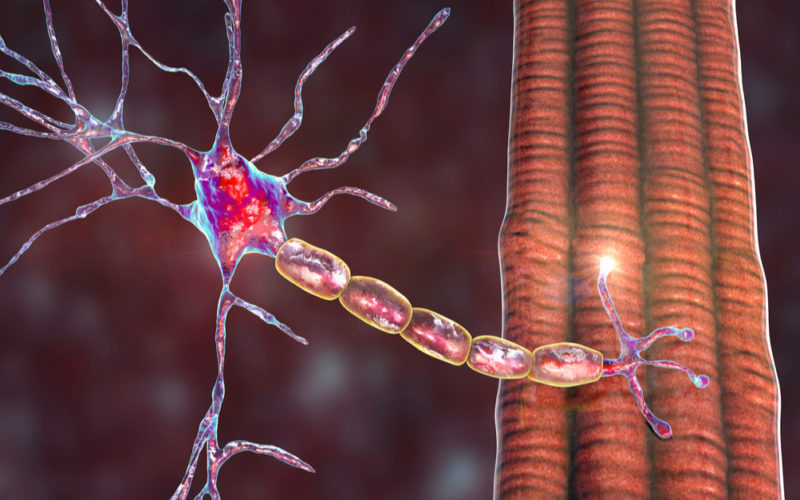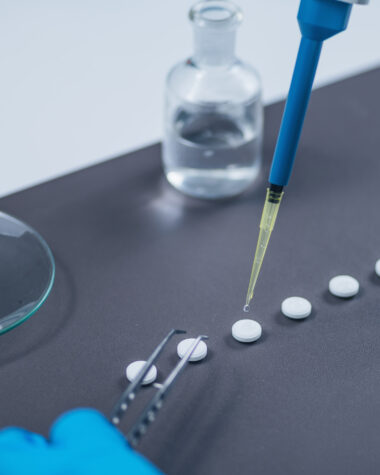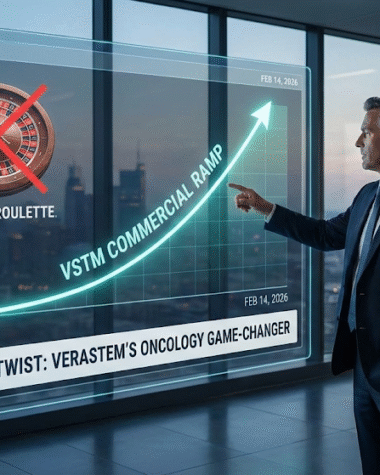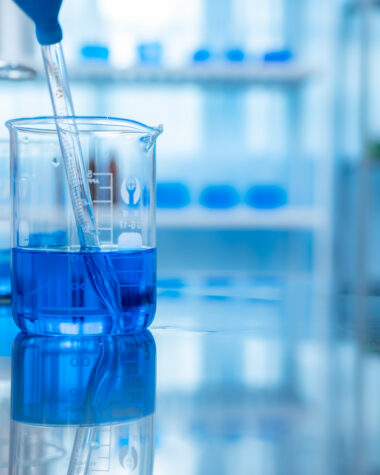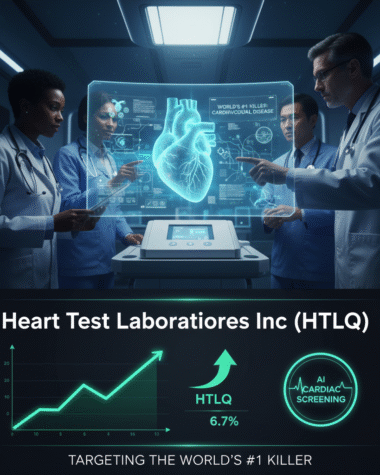Capricor Therapeutics Announces HOPE-2 Trial Data Presentation
On September 2nd, Capricor Therapeutics (NASDAQ: CAPR) announced an upcoming company presentation on the HOPE-2 clinical trial final data regarding CAP-1002 at the upcoming World Muscle Society Virtual Congress (WMS).
Capricor is a biotechnology development company with a focus on transformative cell and exosome-based therapeutics designed to treat and prevent a wide range of diseases.
HOPE-2 was the name of Capricor’s Phase II clinical trial. The double-blind, randomized and placebo-controlled trial was conducted at 9 sites throughout the US encompassing 20 total patients all with late-stage Duchenne muscular dystrophy (DMD).
HOPE-2 Principal Investigator Dr. Craig McDonald will be delivering the results in a presentation as one of only three selected by WMS. Dr. McDonald will also be available to discuss the data following his presentation during an interactive live Q&A session.
Capricor CEO Linda Marbán Comments on HOPE-2 Data Presentation
“We are pleased to be presenting the final data from our HOPE-2 clinical trial at this year’s World Muscle Society Virtual Meeting.”
“While we were encouraged by our topline data presented last year, we believe that the final data is even more supportive of CAP-1002’s effect on DMD’s progression in non-ambulant patients.”
“While gene therapies show promise for improving DMD’s outcomes, this treatment paradigm, especially in older patients, who suffer from more advanced disease, will likely require a multi-pronged approach. This is where CAP-1002 may fit in with its immunomodulatory, anti-fibrotic mechanism of action that promotes skeletal and cardiac muscle regeneration.”
About Duchenne Muscular Dystrophy (DMD)
DMD is characterized by muscle degeneration that progresses over time along with chronic inflammation and weakness of the heart, skeletal and respiratory muscle system. The degeneration of muscle in DMD patients occurs due to protein dystrophin alterations which normally work to keep muscle cells strong and intact.
Patients with DMD typically lose their ability to walk unassisted at a teenage age and generally succumb to the illness due to cardiac or or respiratory complications by the young age of 30.
Duchenne muscular dystrophy occurs in 1 of every 3,600 live male births across racial profiles, cultures and geographic regions. There are approximately 200,000 young males around the world affected. DMD can be fatal, there is no cure and the current treatment options are extremely limited.
About HOPE-2 Clinical Trial
The HOPE-2 clinical trial was designed to evaluate the safety and efficacy of CAP-1002 when delivered in intravenous (IV) repeat doses in adolescent males with advanced stage DMD (Duchenne muscular dystrophy).
3 out of 4 patients in the HOPE-2 trial were non-ambulant and unable to walk without assistance. The HOPE-2 trial participant median age was 14 years.
Measurement of the HOPE-2 primary efficacy endpoint used PUL (Performance of the Upper Limb) 1.2 mid-level with all CAP-1002 participating patients on existing SOC (standard of care) medications including corticosteroids. In general, patients diagnosed with DMD do not typically see preservation or function restoration beyond what is managed by steroids.
To date there have been multiple clinical initiatives studying Duchenne muscular dystrophy, however HOPE-2 is part of a select group of trials that focuses on non-ambulant patients, patients that are unable to walk without assistance of another person.
The patients enrolled in the HOPE-2 trial are all seeking to maintain existing upper extremity functions of the hands and arms. Previous studies of CAP-1002 in single intracoronary doses indicated that the therapeutic drug may potentially help these DMD patients to retain the current functions or reduce the speed at which the loss occurs.
For the HOPE-2 clinical trial, the primary endpoint measured the efficacy of the overall change in how well patients performed daily manual tasks required for a positive overall quality of life. The abilities were measured utilizing a validated skeletal muscle function test, the PUL Test (Performance of the Upper Limb) for Duchenne muscular dystrophy.
Capricor CAP-1002 has received both RMAT and Orphan Drug Designation by the FDA. CAP-1002 also holds a Rare Pediatric Disease Designation for DMD. The FDA Rare Pediatric Disease Designation, in addition to the Orphan Drug Designation held by Capricor, ensures the company’s ability to study a range of treatments for DMD.
Upon FDA market approval for CAP-1002, Capricor would be eligible for receipt of a Priority Review Voucher.
About Capricor Therapeutics
Capricor Therapeutics focuses on the development of transformational cell and exosome-based therapeutics and transformative vaccines that treat and prevent a wide range of diagnosable diseases.
CAP-1002 is Capricor’s lead candidate. This allogeneic cardiac-derived cell therapy is currently in clinical development for treatment of DMD (Duchenne muscular dystrophy) as well as the overall cytokine storm associated with SARS-CoV-2 (COVID-19).
Capricor’s exosome technology is being developed as a next-generation therapeutic platform. The Company is currently focused on the development of exosomes that are loaded with nucleic acids, such as mRNA, that can treat or prevent a variety of diseases.
World Muscle Society Virtual Congress 2021
Capricor’s presentation will be made available to all World Muscle Society Virtual Congress 20201 conference attendees. The virtual event will take place from September 20-24, 2021.
For 25 years the dynamic World Muscle Society community has come together around the world to enjoy and invigorate each other through exciting, educational experiences. The organization and annual world congress event aim to publicize and highlight all aspects of neuromuscular physiology and diseases ranging from basic science topics to specialized patient care.
The World Muscle Society encompasses a wide spectrum of scientists and health professionals all sharing a common interest in studying, understanding and treating neuromuscular disorders.
The annual meeting provides a scientific forum across multiple fields that is designed to advance and disseminate knowledge among colleagues and peers in the neuromuscular field. WMS Virtual Congress offers students, postdoctoral fellows and young investigators opportunities to present research findings with engaging discussion and exciting new collaborations.
